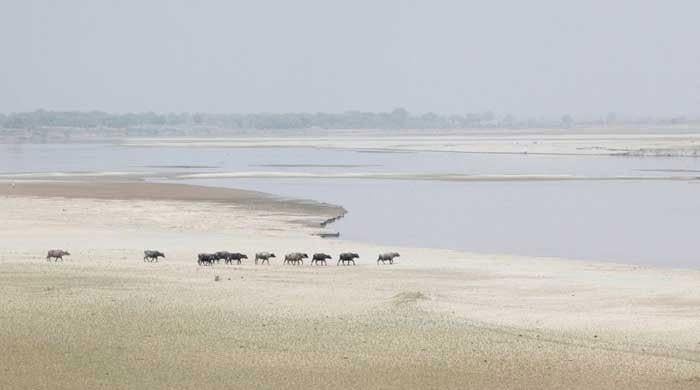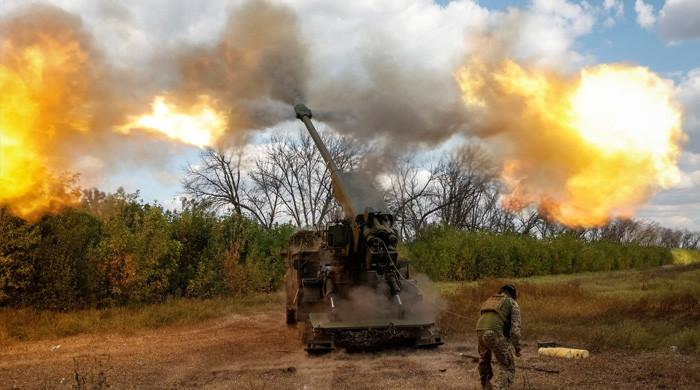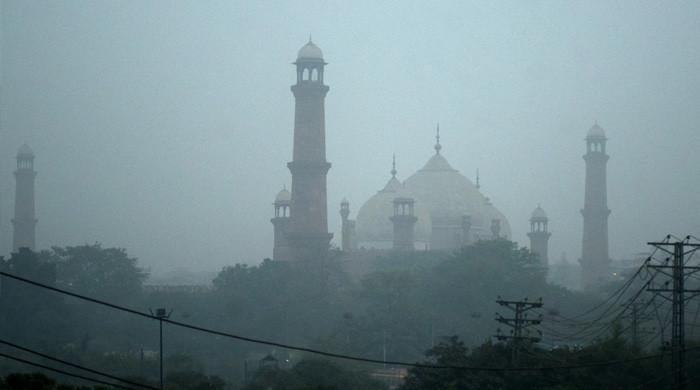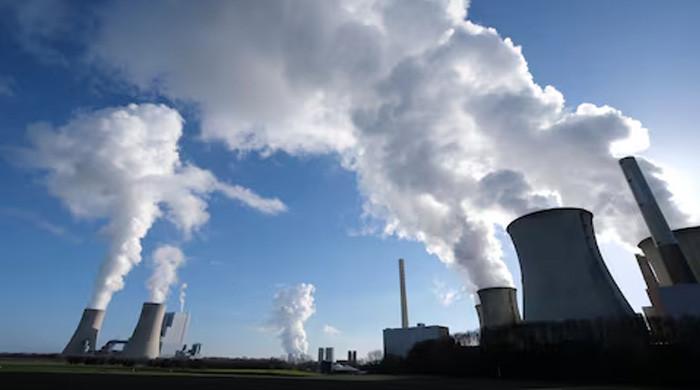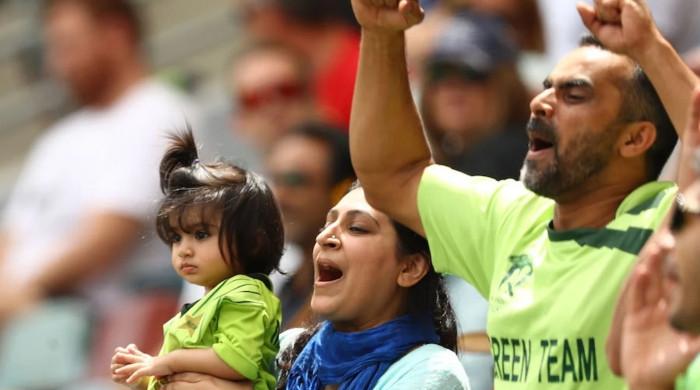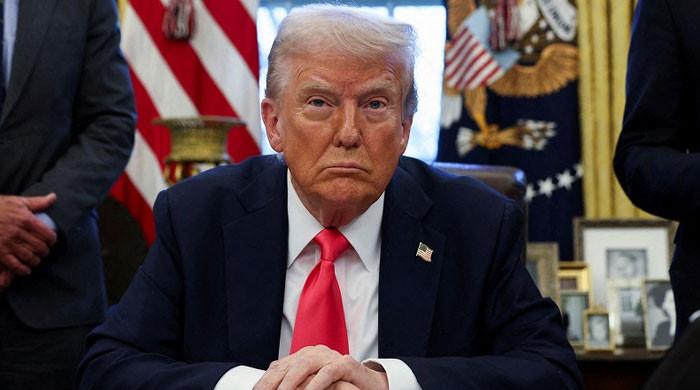Fixing the rot
Pakistan over time has become a country of few ‘vastly haves’ versus fast-growing ‘have-nots’
August 30, 2023
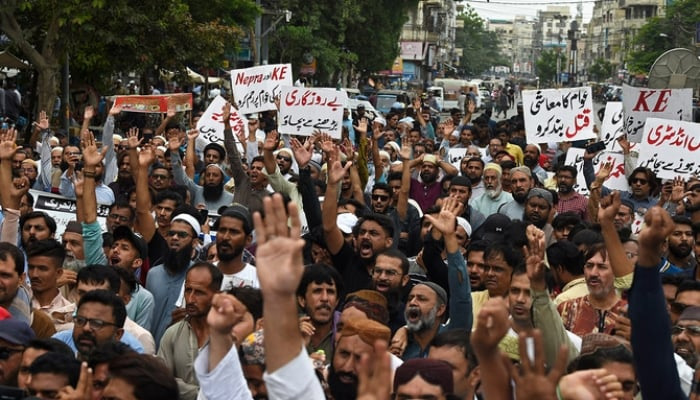
As Pakistan’s bitter electricity consumers gathered on the streets this past week in a rare act of civil disobedience, the authorities were finally jolted to adopt emergency measures.
While piles of burnt electricity bills littered city after city across the country, Caretaker Prime Minister Anwaar-ul-Haq Kakar did something predictable — he called upon senior officials to suggest relief measures for power consumers in response to the fast mounting public anger.
For now, the popular disgust may subside, depending on fresh incentives from the government following one of the sharpest increases in electricity tariffs.
Pakistani authorities have placed the onus upon the International Monetary Fund (IMF) for slapping harsh conditions including higher electricity tariffs in return for a $3 billion loan agreed this year to avert a national economic crisis.
Yet, the glaring reality of Pakistan must be seen beyond just the very near term. The past week has amply demonstrated a fundamental rot across Pakistan, waiting to be fixed.
Across sector after sector, the story of long-term neglect leading to recurring losses in the public sector continues unabated. Together, this indicates a long-term failure under successive governments to tackle the underlying problem.
The power sector is among the most glaring examples of how the authorities have failed to fix the problem in days gone by, when indeed it was much more manageable.
Today, the burden of circular debt alongside a fundamentally loss-making structure has only made the challenge almost unmanageable.
Pakistan over time has become a country of the few ‘vastly haves’ versus the fast-growing ‘have-nots’.
The haves, often described as the ‘ashraafia’ or the privileged in debates on prime-time TV talk shows, remain effectively above the law. Successive policies have failed to take the privileged and the well-endowed to task.
Their one binding feature is all telling — they either remain completely immune from paying their dues — taxes — or remain effectively exempt. In the 1980s and the 1990s, this class was often called the ‘feudals’ and comprised politically influential landowners with vast farmlands.
But over time, this class has swelled to include Pakistan’s fast-growing business and industrial barons armed with wealth well beyond their known means.
Today, there is effectively no income stream from the wealthiest across Pakistan who remain unrepresented within the community of the well-endowed ‘ashraafia’.
A brief look at the history of defiance exposes the multiple examples of popular backlash growing into national movements. Be it the Arab Spring or the minor and major revolutions of the 20th century, history is well documented in each case.
In today’s Pakistan, there are ample reasons to remain complacent, from little evidence of a single unifying point for protests to the absence of a credible national leader to take charge.
Yet, in historical cases of large-scale defiance, there were always matters to fuel complacency till one often unappreciated flashpoint leading to an uncontrollable backlash.
Pakistan needs to focus on two equally compelling initiatives before it is too late.
First, the matter of leaving out the already well-endowed and well-connected from the tax net cannot be delayed any longer. A tough clampdown on privileges notably on major tax evaders, has now become more than just a robust national priority.
In fact, it is a matter of national survival that must drive such a clampdown.
Equally vital is the need to reconsider Pakistan’s national priorities as spelt out in the country’s last national budget, left behind by former prime minister Shehbaz Sharif.
Matters such as the plan for at least one ambitious motorway from Lahore to Bahawalnagar or spending on infrastructure for the city of Sharaqpur are central to the political interests of Sharif and his PML-N.
But it would be a matter of criminal neglect to pursue such initiatives visibly to promote the political interests of a political class as Pakistan’s pressing priorities remain elsewhere. The crisis of hunger and increasing poverty across Pakistan remain so pressing that they must figure as the top priority for development spending.
Second, Pakistan’s survival squarely depends on the ability of its ruling structure to plug the multiple holes surrounding its revenue collection structure.
The loopholes given over time to the community of the well-endowed have eventually shaken the very foundations of the country’s stability and security.
To cite just one example from the past decade or more, the allowance given to ‘non-tax filers’ to simply pay a double rate for the purchase of property or luxury automobiles, must immediately end. Unless Pakistan’s well-endowed accept becoming taxpayers, they must be barred from major financial transactions.
Unless a radical way forward is found to fix the rot, Pakistan risks remaining caught in periodic crises of the kind witnessed with the recent electricity protests, in between periods of uncomfortable quiet.
The writer is an Islamabad-based journalist who writes on political and economic affairs. He can be reached at: [email protected]
Disclaimer: The viewpoints expressed in this piece are the writer's own and don't necessarily reflect Geo.tv's editorial policy.
Originally published in The News




